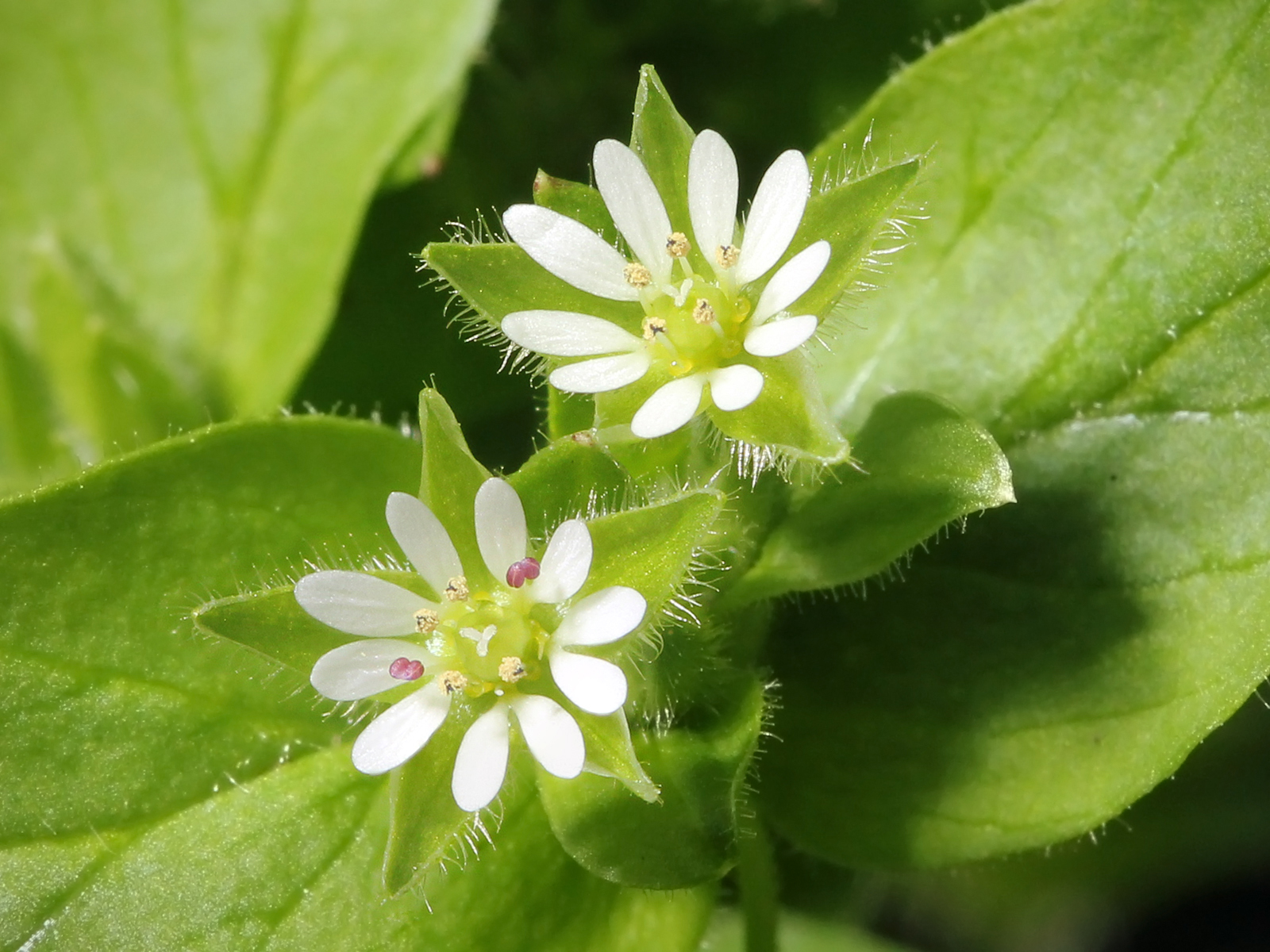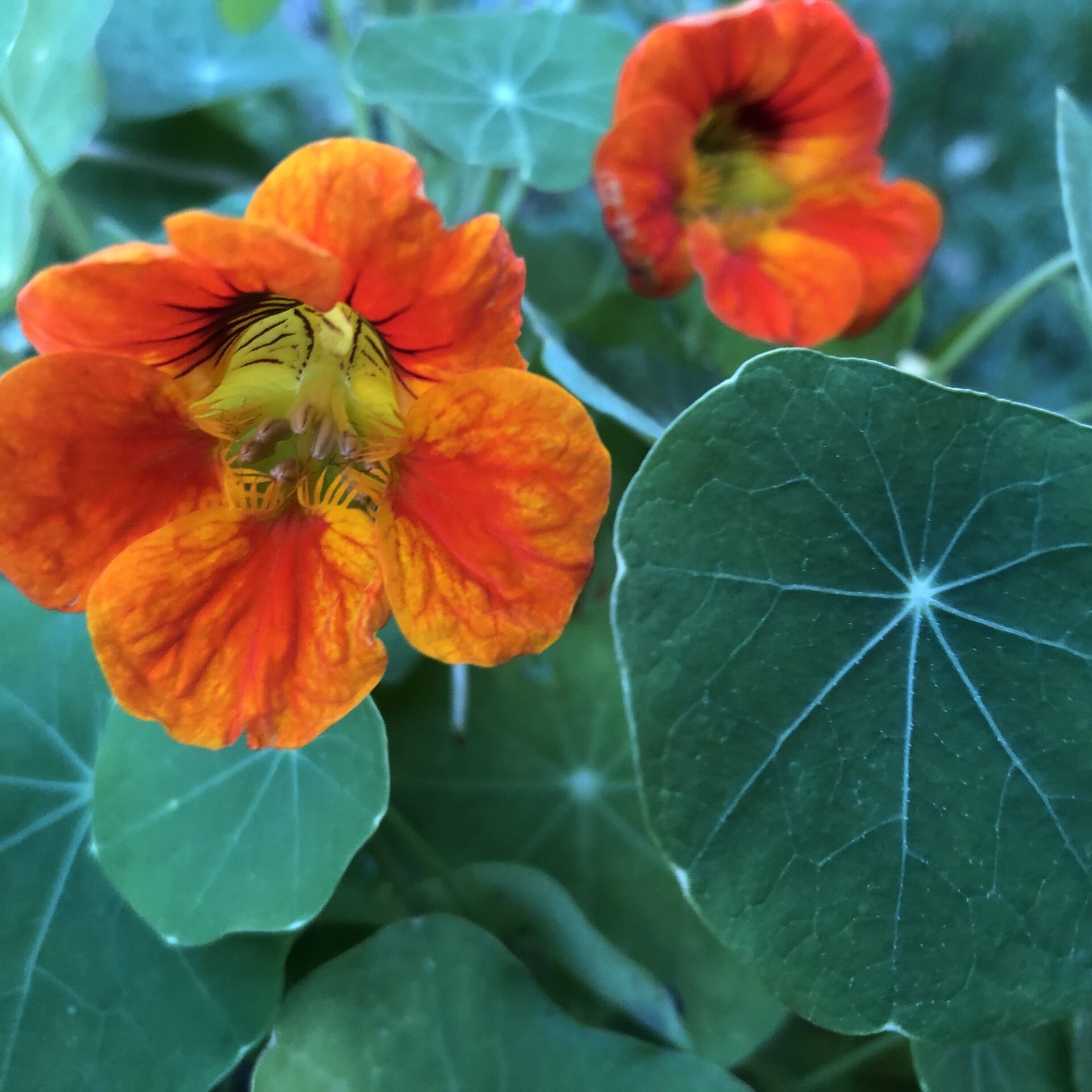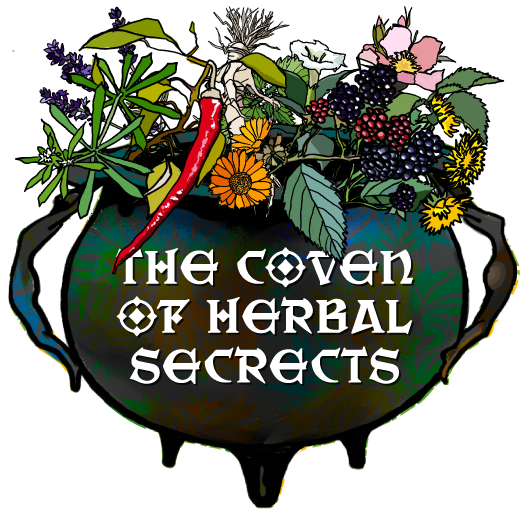
Our Vegetable patch is filled with the lush plant chickweed, an annual flowering plant in the carnation family Caryophyllaceae.
The beauty has self-seeded amongst the carrots and beetroots, this super food is perfect for adding to the morning juice or chopped up as a pot herb to get those essential greens into the diet. A creeping, succulent green invader, famed for being anti-itch and applied for skin irritations. The tiny delicate star-shaped white flowers that develop later in the year are super bright and illuminatory just like her medicine. We’ve been juicing the chickweed and the juice gifts a feeling of lightness and joy – Chickweed, celery, cucumber, dandelion leaves sweetened with a bit of apple or pear is a uplifting cleansing morning juice. Chickweed has an influence on the liver helping to cool irritated hot and angry tissue within this busy organ. It makes an excellent a hangover cure so one of these juices is perfect for the morning after….

This plant was one of the Victorian’s favourite salads, and it is most delicious indeed with a slightly rich green, salty flavour, the earthy succulence, and soft yet crisp textures, go really well in any salad. There is also a pleasant slightly soapy taste which we can attribute to the saponin content! Saponins assist the cells in our body to become more permeable and therefore soak in all the nutrients. Most of all, the chickweed brings that green, green flavour to the table so we know that means nourishment.
Chickweed also has a long history of traditional uses as an emollient for the skin. A herb of the moon, cooling and soothing and possibly most famous for an amazing ability to treat hot, itchy skin conditions swiftly, moon herbs also exert control over the movements of water within the body. Helping cases of eczema, psoriasis, ulcers, boils, and abscesses. In the 1860s and 1870s, herbals published by Shaker communities described how they utilised this herb to treat any inflammations of the eye, as well as acute bacterial skin infections.
The herb can be administered through poultices, compresses, baths and through consumption of course! Chickweed tea is wonderful for any pre-menstrual conditions when water retention is an issue as it quickly relieves the bloated heavy feelings that can intensely arrive. Chickweed can be prescribed for a host of ails from rheumatic to respiratory conditions, especially where excessive mucous is present.⠀ This powerful little herb is classified as an expectorant, mostly to do with its Saponin content we heard about earlier, as the medicine acts upon the bronchi and lungs to promote the expulsion of mucous from the respiratory tract. Due to these qualities, European herbalists have used chickweed successfully in supporting the the treatment of TB, whooping cough, bronchitis and the common cold and flu.

The acclaimed herbalist Juliette de Bairacli Levy, observed that this plant was employed around the world. She also saw a resemblance between its uses and that of slippery elm: a prized, and also mucilage-rich, digestive and emollient plant. As such, Bairacli Levy rated chickweed as one of the most valuable weeds in the garden. ⠀ Medicinally, chickweed is classified as a demulcent herb, meaning that it soothes and reduces irritations of the mucous membranes. Demulcents coat, shield, lubricate and soothe inflamed tissue while relieving the pain associated with inflammation.
A lot of the benefits ascribed to chickweed may simply be the result of its high nutritional value as it is one of the more nutrient-dense weeds readily available for nourishment and medicine. Chickweed contains generous amounts of magnesium, iron, calcium, manganese, phosphorus, potassium, silicon, zinc and sodium. It is also high in vitamin C (ascorbates), bioflavinoids, vitamin A, and some of the B-complex vitamins such as niacin. It also contains gamma-linolenic acid (GLA), an omega-6 fatty acid. What an incredible himble weed a total panacea really!
Much like us, birds and chickens are also known to avidly feed on the seeds and leaves of chickweed hence the name. The ancient Latin name for the herb was Morsus gallinae which means a morsel or bite for hens (truly for the birds ). Now known as Stellaria media in Latin. Stellaria means star – after those cute little white star-shaped flower






